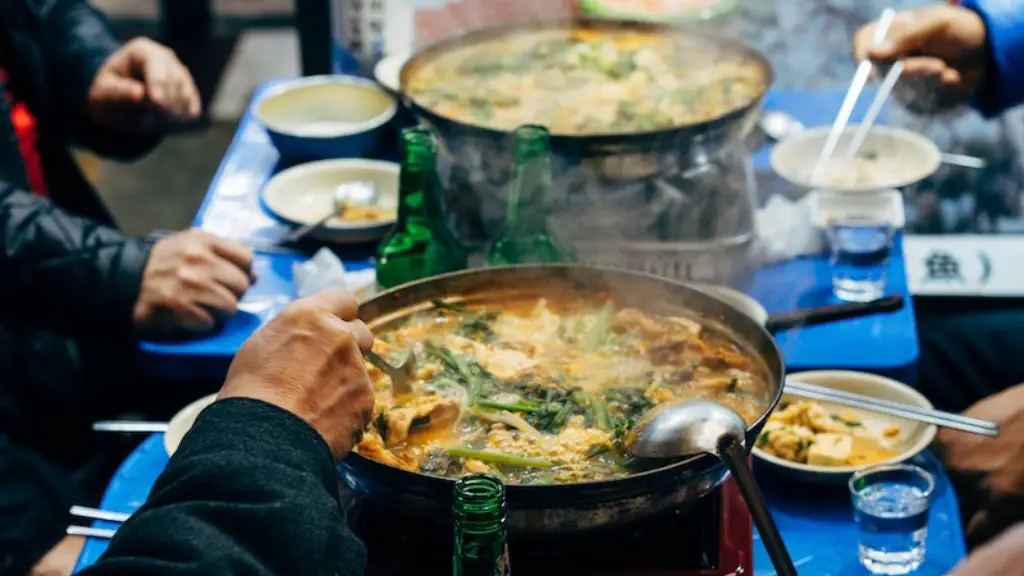North Korea is an authoritarian state which has long been associated with extreme laws and regulations, but what are the laws that people within the country actually have to live by? While some may think of North Korea as having no laws at all, this is far from the truth – North Korea actually has a range of laws, some of which are illegal in any other country. This article explores some of the illegal activities that are prohibited in North Korea, and how they affect the lives of those living there.
The Media
In North Korea, the media is entirely controlled by the government, meaning that any form of expression that is deemed to be a threat to the government is strictly prohibited. This means that foreign media and news broadcasts are blocked, meaning that people are only exposed to the biased and one-sided views of the state. Any attempts to access news from outside the country are severely punished, with punishments ranging from heavy fines to imprisonment.
Gathering and Distribution of Information
Gathering and distributing information which is deemed to be a threat to the state is also illegal in North Korea. This can mean anything from writing essays or articles which are critical of the government, or simply sending a text message to someone who lives outside the country. Doing these things can have severe consequences, as people can be arrested and sentenced to long prison sentences.
Censorship of the Internet
North Korea has very strict censorship laws when it comes to the internet. Not only is the government monitoring all internet traffic within the country, but the government also has the power to block access to certain websites and social media networks. This means that people living in North Korea are not able to access the same information which people in other countries take for granted.
Religion
In North Korea, religion is not tolerated and is in fact illegal. Any form of religious expression or worship can lead to severe punishment, such as arrest and even execution. This means that people living in North Korea are denied the right to worship in freedom and are instead subjected to extreme forms of repression.
Culture
Cultural expression is also heavily restricted in North Korea. This includes anything which is deemed to be a threat to the ideology of the state, such as the expression of dissent and opposition. Anything which is seen as questioning the supremacy of the state is quickly stamped out, and those involved face harsh penalties. This has resulted in the stifling of creativity and expression within the country.
Political Oppression
Political dissent and opposition are completely illegal in North Korea, and anyone who attempts to speak out against the government or challenge their authority in any way will face severe punishments. This includes imprisonment, torture and in some cases execution. This has resulted in a climate of fear amongst the population, as they are aware that voicing an opinion against the government can have severe consequences.
Punishments
The punishments associated with illegal activities in North Korea are extremely harsh. People who are found to be in violation of any laws can be arrested and sentenced to long prison sentences, or even executed. This leads to a climate of fear amongst the population as they know that doing anything which is deemed to be a threat to the state can lead to severe punishments.
Conclusion
These are just a few examples of the illegal activities which are prohibited in North Korea, and the harsh punishments that are associated with them. It is clear to see that life in North Korea is very different from life in other countries, and that living there means living under strict laws which are designed to control and oppress the population.
